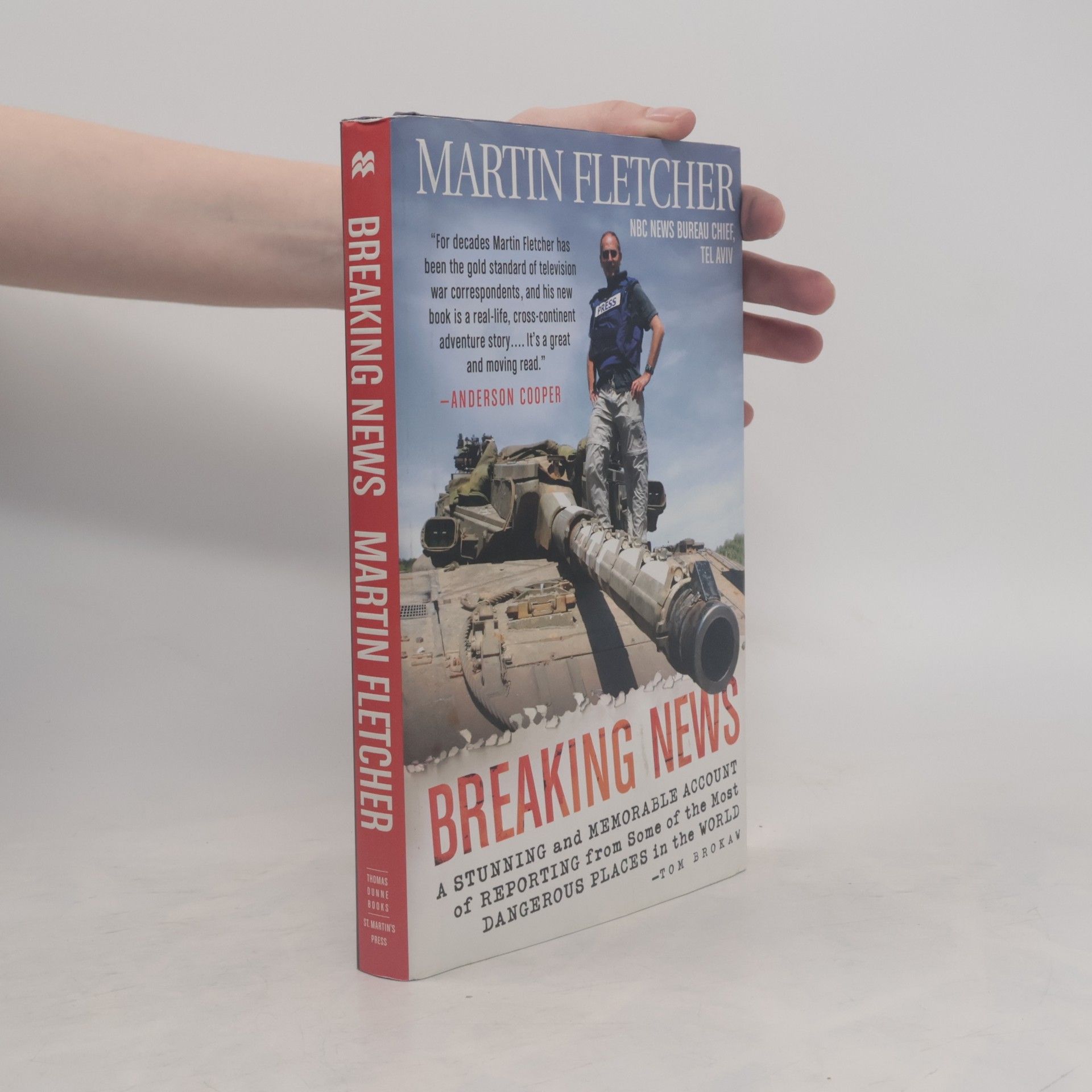Focusing on real-life experiences, this book showcases the inspiring stories of individuals navigating their worst moments. Through in-depth reportage by NBC news correspondent Martin Fletcher, it highlights the resilience and lessons learned from everyday people, providing a compelling look at how challenges can lead to personal growth and understanding.
Martin Fletcher Livres
Martin Fletcher s'est imposé comme un journaliste respecté et se forge rapidement une réputation d'écrivain. Son œuvre littéraire explore souvent des histoires humaines profondes et des événements historiques qui façonnent le monde. Le style de Fletcher se caractérise par sa précision, son empathie et sa capacité à dépeindre des situations complexes avec une clarté remarquable. Ses écrits plongent les lecteurs au cœur des événements, offrant un regard captivant sur la résilience humaine.


Breaking News
- 254pages
- 9 heures de lecture
Martin Fletcher doesn’t claim to be a hero. Yet he didn’t flinch, either. During three decades covering wars, revolutions, and natural disasters, Fletcher worked his way from news agency cameraman to top network correspondent, facing down his own fears while facing up to mass killers, warlords, and murderers. With humor and elegance, Fletcher describes his growth from clueless adventurer to grizzled veteran of the world’s battlefields. His working philosophy of “Get in, get close, get out, get a drink,” put him repeatedly in harm’s way, but he never lost sight of why he did it. In a world obsessed with celebrities, leaders, and wealth, Fletcher took a different he focused on those left behind, those paying the price. He answers the Why should we care?These extraordinary, real-life adventure stories each examine different dilemmas facing a foreign correspondent. Can you eat the food of a warlord, who stole it from the starving? Do you listen politely to a terrorist threatening to blow up your children? Do you ask the tough questions of a Khmer Rouge killer, knowing he is your only ticket out of the Cambodian jungle? And above all, how do you stay sane faced with so much pain?